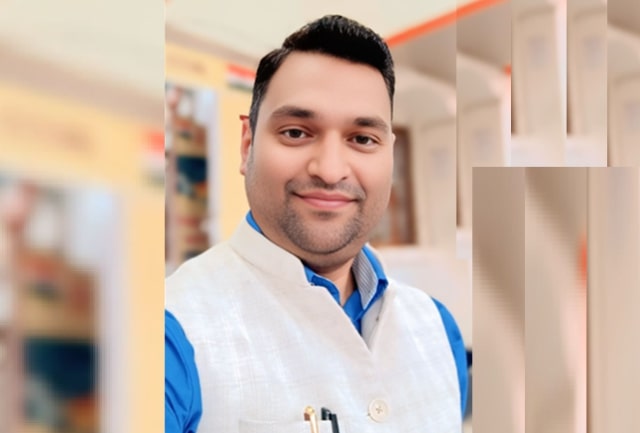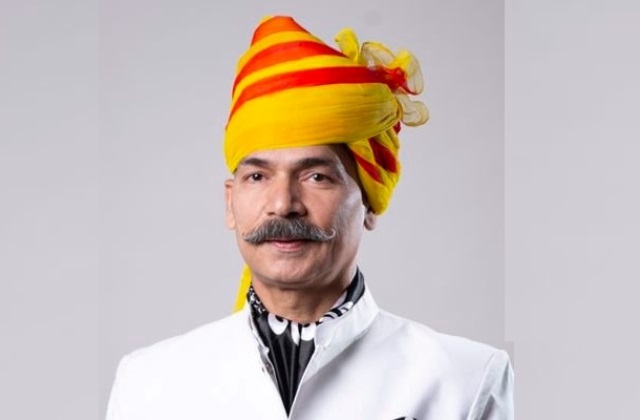Subodh Mishra, an Asst Professor of history, says people holding public office must refrain from making claims based on dubious knowledge repositories. His views:
Recently, some unwarranted comments about Rajput king Rana Sanga have sparked off a major controversy, resulting into violent protests on road and heated debates on pubic platforms. I believe one must have some basic knowledge about a historical subject or figure before making any superfluous claim or allegation – in this case, the revered Rajput warrior Rana Sanga. This self-restriction becomes all the more important if the speaker is holding a privileged office of power or a seat of influence.
If we search through documented historical facts, and not dubious repositories, with regards to the claim that Rana Sanga invited Babur to unseat Ibrahim Lodi, we find it a blatant fabrication of lies. It is amply clear that Sanga repeatedly defeated not only Lodi but also the armies of the Sultans of Gujarat and Malwa several times; on one occasion he defeated the combined army of the last two.
As per the historical records, Rana Sanga fought more than 100 battles in his lifetime and except the battle of Khanwa, he was defeated in none. Why would Sanga then need help from any outsider? Therefore, the irresponsible remarks made by a Samajwadi Party Elder are not only an insult to the Rajput braveheart but also to all the warriors and patriots who laid down their lives for their motherland.
To my limited knowledge, the disparaging comments against Sanga smack of political machinations of some kind, probably an attempt to appease a particular segment of the society. That is why instead of instead of admitting the truth, the claimant is trying to garner support within his party cadres and keeping their own supporters misinformed.
ALSO READ: ‘Bollywood Has Glamorized Marathas And Peshwas’
Media houses have also jumped in to cash in on this controversy. Instead of playing the role of a fact-checker, they have encouraged conflicting, often half-baked, information on the subject to increase their viewership. Social media too is rife with ignorant people presenting romanticised poetry as historical facts to peddle their agenda and followership.
The easy and free-of-cost availability of information on the Internet has also fuelled this online misinformation war. Unverified and unauthentic claims are uploaded on dubious websites, which are then quoted out of context by social media handles, and a vested narrative is set. Lack of guidelines or laws to prevent such dubious data or misinformation further encourage such activities.
For these reasons, the media by and large has lost the trust of people. But those trying to dig out information from social media are no better placed. Unreliable data is fed through various platform based on your search algorithm and the vicious circle continues.
Some fresh amendments to common laws pertaining to the regulation of social media are the need of the hour. Besides, wilful dissemination of misinformation must be penalised with enhanced surveillance of social media. Strict guidelines should be set in place to check, verify and substantiate the data before being used and shared.
A disclaimer should be made necessary before propagating any kind of data or sensitive information which may affect the social harmony of a community or society. News channels and similar platforms should also adopt a practice of verifying all kind of data that they are going to use on their programmes or the data that their guests are going to share on the platform.
As told to Rajat Rai

